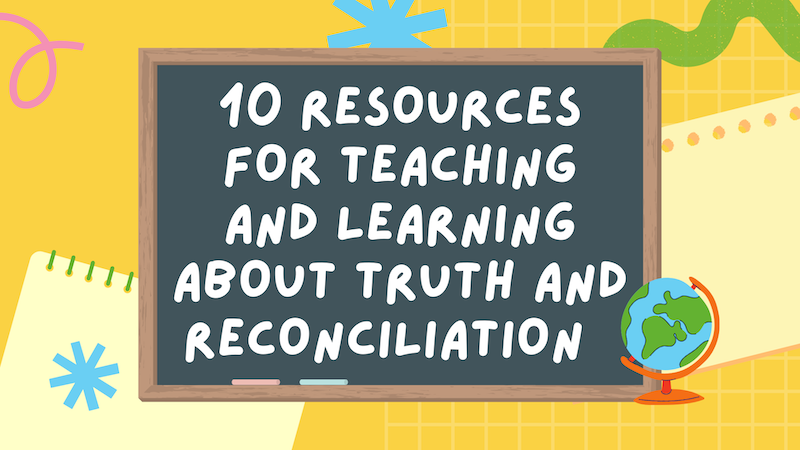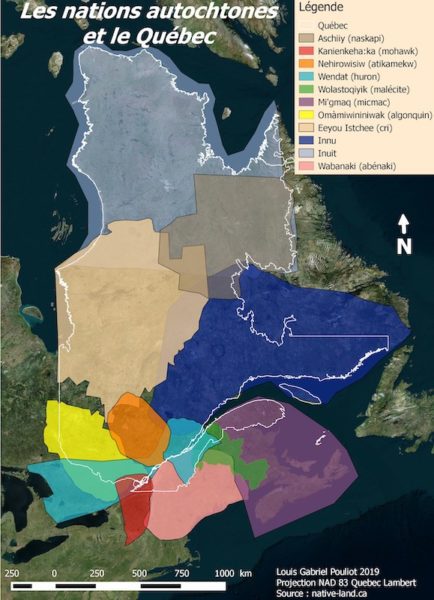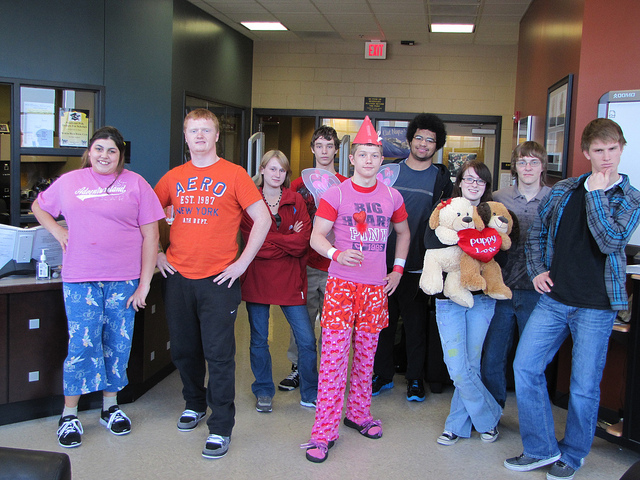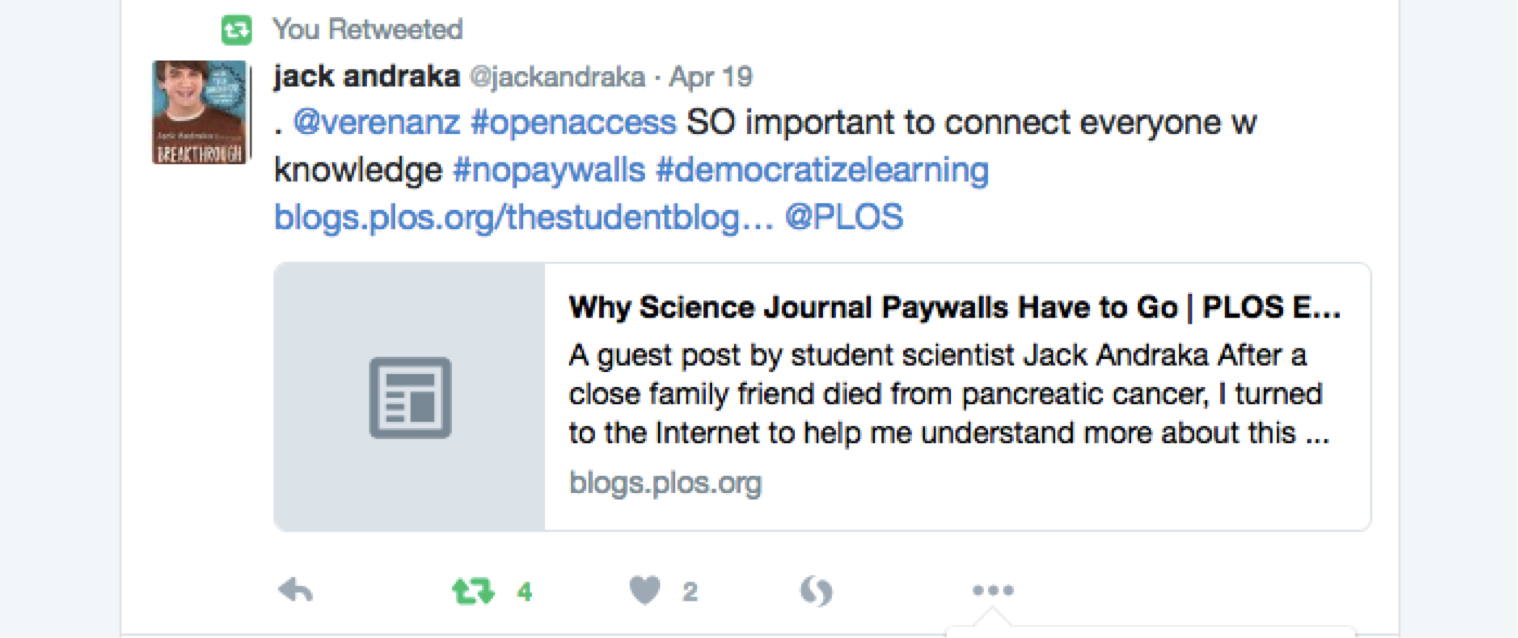For the past two years, LEARN has hosted networking sessions for individuals interested in education for Truth and Reconciliation. During these sessions, I have noticed that many non-Indigenous educators recognize the importance of learning about Indigenous Peoples living in Canada. These educators want to support Truth and Reconciliation efforts by teaching students about the diversity of Indigenous knowledges, worldviews and histories, but are sometimes unsure how and where to begin.
So with this in mind, I want to share 10 online resource sites that I find particularly useful as a non-Indigenous educator.
Some of the websites contain documents that are suitable for educator professional learning, while others contain activity guides created by Indigenous Educators and/or online tools that can be used alongside students. When creating this list, I focused on resources that were produced by Indigenous led-organizations, particularly those based in Quebec. While I provide links to specific sections of the websites, I encourage you to ‘dive deeper’ as many of these organizations offer multiple avenues for learning. Note: these resources are in no particular order.
At the end of this blog, I will also share reflections that I have with regard to the use of resources to support Truth and Reconciliation. So without further ado, let’s begin!
1.Regroupement des centres d’amitié autochtones du Québec (RCAAQ)
Educational Success Page (FR) (Based in Quebec: Resources for Educator Professional Learning)
The RCAAQ-affiliated friendship centres offer services to Indigenous families in urban centers, including working with schools and families to support students’ educational success. They recently collaborated with experts from the education sector to create a “Guide To Welcoming and Including Indigenous Students in Quebec Elementary and Secondary Schools” (FR). This guide contains concrete actions schools can take to support all students, particularly Indigenous students. We recently wrote a blog post with the RCAAQ about the guide and how schools improve the support they offer students.
2.Mikana
Resource Page (FR) (Based in Quebec: Resources for Educator Professional Learning)
Mikana is a not-for-profit organization based out of Tiohtià:ke (Montréal). Among other things, they offer educational workshops and a youth ambassador program. They also have a great collection of free educational resources they and their partners created. I particularly like the Terminology Guidelines (FR), which are suitable for educators and students alike! The Indigenous Ally Toolkit (FR) and The Decolonial Toolbox: Educational Pathway (FR) also provide information for individuals looking to learn more about allyship, Indigenous realities, and colonial strategies.
3.Whose Land and Native-Land
Whose Land Main Page (Also see Native-Land in EN/FR) (Teacher and Student Online Tools/Resources)
Whose Land and Native Land are two websites that are great starting points to learn more about the territory where you are located. Whose Land contains geographic information and links to learn more about treaties and agreements, Indigenous communities, and residential schools. (Note: Not all Federal Indian Day Schools are on this map yet). Whose Land also contains free lesson plans created in collaboration with Anishinaabe educator Christine M’lot. The lessons are designed for students in Kindergarten to CÉGEP level. They are on various topics, including land acknowledgements. The Whose Land website also has a free guide to help educators facilitate local professional learning on land acknowledgements and how to navigate the site’s resources with students.
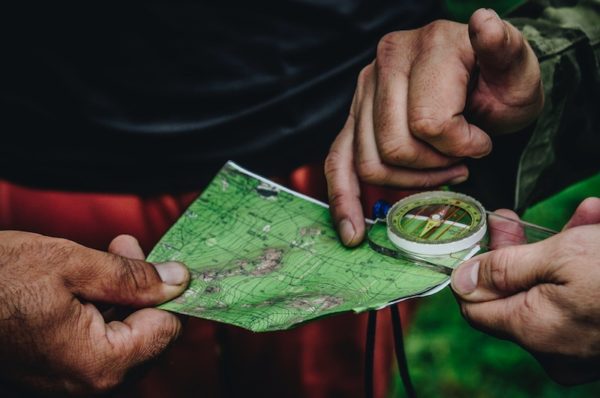
4.Climate Atlas of Canada
Indigenous Knowledges Page (FR) (Teacher and Student Online Tools/Resources)
The Climate Atlas of Canada website links to resources created by and in collaboration with different Indigenous Nations across Canada. The resources are one way for educators and students to learn about how Indigenous communities are adapting to environmental changes and working to promote sustainable practices. The website contains Indigenous Climate Change Maps, which allow you to see different communities across Canada. When you click on a community, you can access graphs detailing how the local temperature has and will continue to change over time. You can also access climate reports and other information about specific communities that are embedded directly into this resource.
5.First Nations Education Council
Pedagogical Tools (FR) (Based in Quebec: Resources for Educator Professional Learning, Elementary Activity Guides)
The First Nations Education Council has pedagogical tools to support administrators and educators. I want to highlight the Toolbox First Nations Parental and Community Involvement (FR), which was designed for administrators working in schools in First Nations communities. It contains suggestions for ways that schools can improve their support and communication with First Nations community members. The Mikinak Teacher Awareness Guide (FR) includes information about the 10 First Nations with communities in Quebec, as well as pedagogical activities for elementary cycles 1-3 that are aligned to various curriculum topics. The First National Education Council also has a First Nations Youth Literature Inventory (FR) that allows individuals to search for books by cycle and for books that were written by Indigenous authors or that are on topics that might be of interest to First Nations students.
6.First Nations Child and Family Caring Society
Spirit Bear Page (FR) (Based in Ottawa: School Program, Student Resources, Activity Guides, etc.)
The First Nations Child and Family Caring Society is a great place to look for student resources, particularly about Children’s Rights. I want to highlight their Spirit Bear Program (which consists of printable books for students with accompanying Teacher’s Guides, yearly planners for educators, podcasts, short films, etc.). If you explore this website, there is a lot of information, documents and ways that individuals can take action to support their local communities. They also have resources for Indigenous families, including scholarships and awards for Indigenous students and maps showing the locations of First Nations Child & Family Service Agencies across Canada.

7.Education for Reconciliation: Beginning the Journey
YouTube Video (Resources for Educator Professional Learning)
LEARN had the pleasure of welcoming Lisa Howell for a webinar in October of 2021. The webinar is a good learning and reflection tool for non-Indigenous educators. Lisa is a part-time professor in the Faculty of Education at the University of Ottawa. She has previously worked as a teacher at Western Quebec School Board and in collaboration with the First Nations Child and Family Caring Society (see above resource) on several initiatives. In this webinar, Lisa shares information about her own (un)learning journey and the critical role teachers play concerning reconciliation in Canada. She also suggests some ways that non-Indigenous educators can support Truth and Reconciliation in their schools and communities.
8.First Peoples’ Postsecondary Storytelling Exchange
Main Page (Based in Quebec: Resources for Educator Professional Learning, Student Videos)
The First Peoples’ Postsecondary Storytelling Exchange has a collection of videos where postsecondary students from various communities across Quebec share stories related to their communities, educational experiences, and what they are pursuing in postsecondary. These videos could be used in many ways, but I think they may be of particular interest to students who are considering pursuing postsecondary education and/or are in the process of determining what they would like to do after graduation.
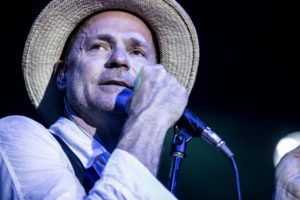
9.The Gord Downie and Chanie Wenjack Fund
Legacy Schools Program (FR) (Based in Ontario: School Program, Student Resources, Activity Guides, etc.)
The Gord Downie and Chanie Wenjack Fund has many programs and events that may interest educators and students. I want to highlight their Legacy Schools program. This program is free and accessible to daycares, schools, CÊGEP, Universities, and other groups working with youth. Once registered, the school or group will receive a free Legacy Schools Toolkit following their registration to help support (un)learning and youth action. Legacy School members also receive monthly newsletters, access to online or local events, opportunities to network with other educators, schools and more! The Gord Downie and Chanie Wenjack Fund Youtube channel is a related resource if you are looking for videos on various topics to explore with students.
10.Indigenous Tourism Quebec
Main Page (FR) (Based in Quebec)
Finally, I wanted to mention the Indigenous Tourism Quebec site. In addition to a list of exciting activities and events to check out across the province, they have short texts created in collaboration with the 11 Nations of Quebec about each Nation and different regions of the province. They also have free bi-lingual online magazines. As an educator, I might use this site to look for events or locations to attend with my class (Learn more about funding through Measures 15060-15064). Another idea might be to have students use this site to research events and activities in different regions of Quebec and then engage in some activities where they take on the role of ‘travel agents,’ highlighting the history and events that have and will take place in different regions.
Continue (un)learning
There are many excellent resources to support educator and student (un)learning and it was very challenging to narrow down to ten resources for this blog post! I welcome you to check out LEARN’s collection of curated Education for Truth and Reconciliation resources. You can access the main resource Padlet here. We also regularly share resources and events via our Educations for Truth and Reconciliation mailing list. Here is the registration link if you would like to sign up.
While writing this blog, I was reflecting on a collaborative blog post that Ben and I wrote with Le Regroupement des centres d’amitié this February. In the post, we were told that in some regions of the province Indigenous Elders, Knowledge Keepers, Cultural Advisors, artists, and other professionals are being over-solicited. This means they may only sometimes be available for classroom visits or consultations with educators.
While seeking ongoing guidance from Indigenous education consultants, liaison officers, or member(s) of a local Indigenous community is sound pedagogy. Given the current demands of Indigenous professionals, I think that schools and other organizations must also make good use of existing resources that were created by Indigenous People living in Canada. A lot of (un)learning can be accomplished by engaging with existing resources, and using these resources may help reduce the over-solicitation and demands on Indigenous Elders, Knowledge Keepers, Cultural Advisors, artists, and other professionals. Moreover, engaging with resources before reaching out to members of an Indigenous community can help facilitate communication, leading to more meaningful, mutually beneficial, ongoing relationships. When using resources, I would just be clear to communicate to others that you are not Indigenous and continue to refer and direct students toward resources created by or in collaboration with Indigenous People living in Canada, like those listed above.
If you would like more support, I also welcome you to join LEARN’s online networking sessions to learn about how schools and communities across the province are working toward Truth and Reconciliation.
Photo credits:
Map of Quebec 11 Nations by Louis Gabriel Pouliot
Hands holding map and compass by Daniil Silantev
Gord Downie by David Bastedo

